Sunday Snapshots (11/01/20) – Thirteen Days, Mesut Özil, and Lunchbox
In which I write about the Shopify for restaurants
Hey everyone,
Greetings from Washington, D.C.!
As the days become shorter and we all retreat to the inside in the North East, I’ve realized how challenging this winter is going to be. Not just as restaurants and other businesses which have taken the outdoors as a crutch in the battle to survive in the COVID-19 world, but as individuals looking for mental and physical stimulation. To be very honest, I don’t have a game plan on how to deal with this. I would love to hear how you or your friends and families are thinking about it. Just reply to this email or send me a DM on Twitter.
In this issue of Snapshots, I want to explore:
Thirteen Days by Robert F. Kennedy
The Erasure of Mesut Özil
How Lunchbox is looking to become the Shopify for restaurants
A16z’s media operations, The women of Mad Men, and the wonderful world of Burt’s Bees’ founder
Book of the week
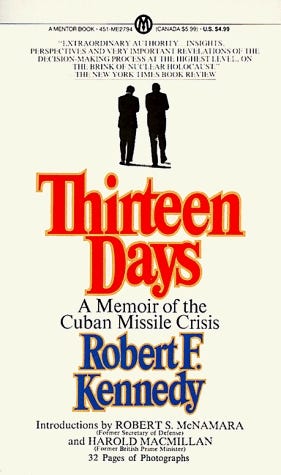
Robert Fitzgerald Kennedy has a complex legacy – chief executioner for his beloved brother JFK and beloved in his own right as a presidential contender who leaned into his “better angles” during the 1968 presidential primaries. This week though, I got introduced to RFK the writer talking about the play-by-play of the Cuban Missile Crisis in Thirteen Days. The crisis is pretty much universally recognized as the closest margin we’ve grazed nuclear Armageddon by.
The book rightfully revolves around President John F. Kennedy. There’s a view that sees the advent of nuclear weapons as the tipping point for the advent of the “imperial” presidency. The doomsday countdown that starts ticking once you know that someone has fired nuclear weapons at you leaves no room for the Senate’s traditionally deliberate decision-making of going to war. You have minutes, not months.
So as the facts and the options coalesce and hardened in the only mind that matters, RFK offers an insider (if a bit rose-colored) look into the decision making process of one of America’s most beloved presidents.
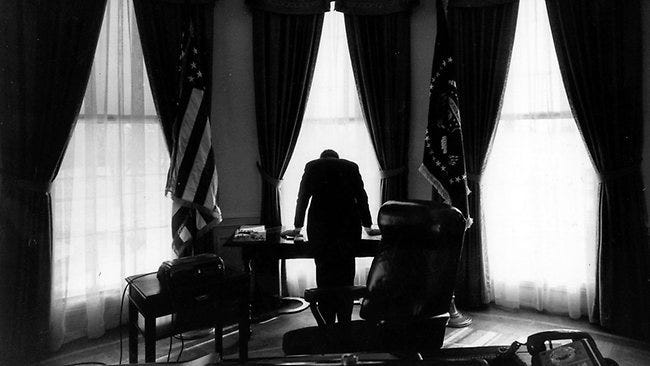
Learning from mistakes: The Bay of Pigs fiasco of 1961 has made JFK distrustful of the generals. He has gone along with pretty much everything they had suggested in that turning point in US-Cuba relations. At the very least, it made him take their opinions with a grain of salt given that nuclear holocaust was often the cost of going with their opinions. He seems to have a “To a hammer, everything looks like a nail” view of the general’s opinions. Most of them advised for a more hawkish options than the blockade (and the US moving their nuclear weapons from Turkey) option that prevailed.
Books saving humanity: There were two books that were top of mind for JFK during this period – Deterrent or Defense by B.H. Hart about acquisition of nuclear weapons by the Soviet Unions and The Guns of August by Barbara Tuchman about the powder keg of conditions that led of World War 1. He is even said to have carried his copy of The Guns of August around the West Wing during the crisis.
The decisions he made become clearer when viewed through the lens of these books. From The Guns of August:
One constant among the elements of 1914—as of any era—was the disposition of everyone on all sides not to prepare for the harder alternative, not to act upon what they suspected to be true.
JFK saw the harder alternative as restraint and an understanding that the Soviets didn’t want a nuclear winter any more than Americans did.
Deterrent of Defense provided a framework for him to avoid this fate for his country:
Keep strong, if possible. In any case, keep cool. Have unlimited patience. Never corner an opponent and always assist him to save his face. Put yourself in his shoes—so as to see things through his eyes. Avoid self-righteousness like the devil—nothing is so self-blinding.
Human factors: Something that isn’t discussed in depth in this book but is mentioned elsewhere – most notably in Dan Carlin’s Destroyer of Worlds podcast episode – is how lack of sleep could have affected decisions during this time. It’s insane to think that a human might have to wake up at 2am in the morning to decide the fate of humanity and have to make decision within minutes.
Not in the room: Yes, this is a book about JFK and RFK. Yes, I’m going to make it about Lyndon Johnson for a while. Such was RFK’s disdain for LBJ – the term mutual contempt was used by journalists to describe their relationship – that Vice President Johnson was deliberately cut out of all conversations. As usual during important moments of the Kennedy presidency, he was not in the room. It tells you all about how any power that a Vice President has comes through the President. In Lyndon Johnson’s case, that power was very limited. From the 29th December, 2019 issue of Snapshots:
Perhaps what is more striking is not how Lyndon Johnson was treated, but that he was often forgotten about or deliberately cut off from the flow of information. During the most critical moments of the Cuban Missile Crisis, Johnson was not even in the room when key decisions were being made. When JFK had to organize a political fundraiser in Texas, Johnson’s home state, Kennedy ignored Johnson and asked the Texas Governor for help – implying that Johnson had no sway in Texas now. Perhaps where he could have been most helpful (and something which the Kennedy administration struggled with) was how to pass the administration’s proposed legislation through Congress. Lyndon Johnson was a master of the Senate. But he was not asked for help.
Thirteen Days is a great book that’s a relatively easy read. Even though parts of it are obviously written by Robert Kennedy to make JFK look good and secure his legacy after the brutal assassination, it takes you into how decision making is done under pressure under an opaque force and lack of critical information. Relevant for pretty much anyone.
Thanks to new Snapshots reader and fellow Caro-head Dimitri Dadiomov for the recommendation.
Long read of the week

An exert:
A few days after Özil went public, the Premier League’s two broadcast partners in China, CCTV and PP Sports, refused to air an Arsenal match. When the latter did deign to show Arsenal again, its commentators refused to say Özil’s name.
His avatar was removed from video games. Searching the internet for his name in China brought up error messages. (It was reported his Weibo account was disabled, though that was not true.) Very deliberately, though, and seemingly at the behest of an authoritarian government, Mesut Özil was being erased.
This was a tough read and I highly recommend you put it at the top of your reading queue. This piece touches on many heavy issues like cancel culture, economic interests, massive human rights atrocities, and politics through the most innocuous lens of sports.
I would love to hear your thoughts about this piece. Feel free to reply to this email or send me a DM on Twitter.
Business move of the week
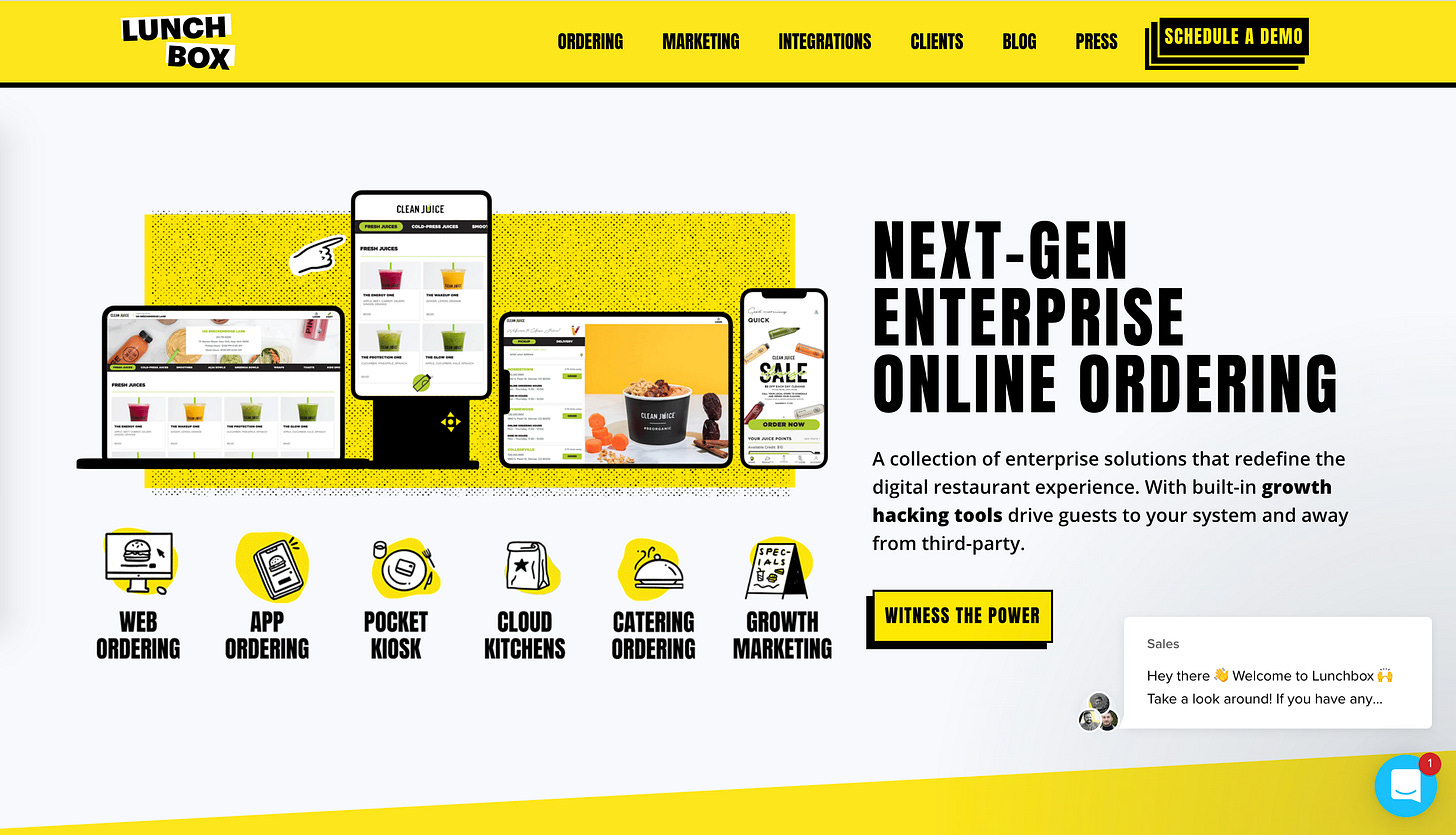
Lunchbox raises $20M to help restaurants build their own ordering experiences via Anthony Ha at Tech Crunch
Lunchbox wants to be the Shopify for restaurants. White labeling the online ordering process means that the already razor-thin margins in the food industry are not going to delivery apps. It means more control over their own destiny.
There are many trends that help Lunchbox. Food delivery has skyrocketed during COVID-19 and I can only imagine it’s only going to become much more important during the upcoming winter. There’s always heightened interest from venture capitalist about opportunities in companies that can become true platforms.
With plenty of money in the bag, Lunchbox will likely expand to new regions, work on decreasing their onboarding time, and hire more people.
So what’s next for Lunchbox?
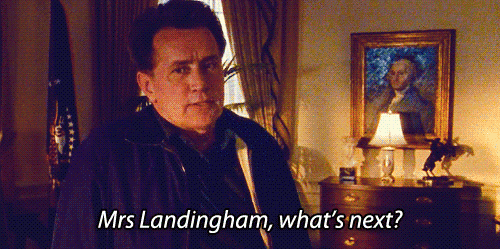
Here are paths that I can see Lunchbox taking:
Apps and extensions: If enough restaurants start using the software, can they become a platform for developers to build apps and extensions that restaurants would use? Apps and extensions for procurement, inventory management, tracking, promotions, etc. This would certainly lead to improved margins and higher stickiness for the product. The big challenge here is the relative opportunity cost when weighed by competition for developers.
Capital: Restaurants are notoriously capital-intensive to start. To be honest, this path opens up an interesting can of worms. Does a starter loan model that pays back based on revenue make sense? What kind of incentives does that create for the company? Which restaurants are likely to get approved for a loan? In the quest for better growth loops, setting up of perverse incentives can become tough of avoid.
Service model: What if there was a more expensive version of the Lunchbox that came with dedicated analytics account managers that provided consistent guidance on the best growth and optimization strategies? While initially lower margin (you have to pay them versus zero marginal cost of software), this would introduce some serious retention into the product.
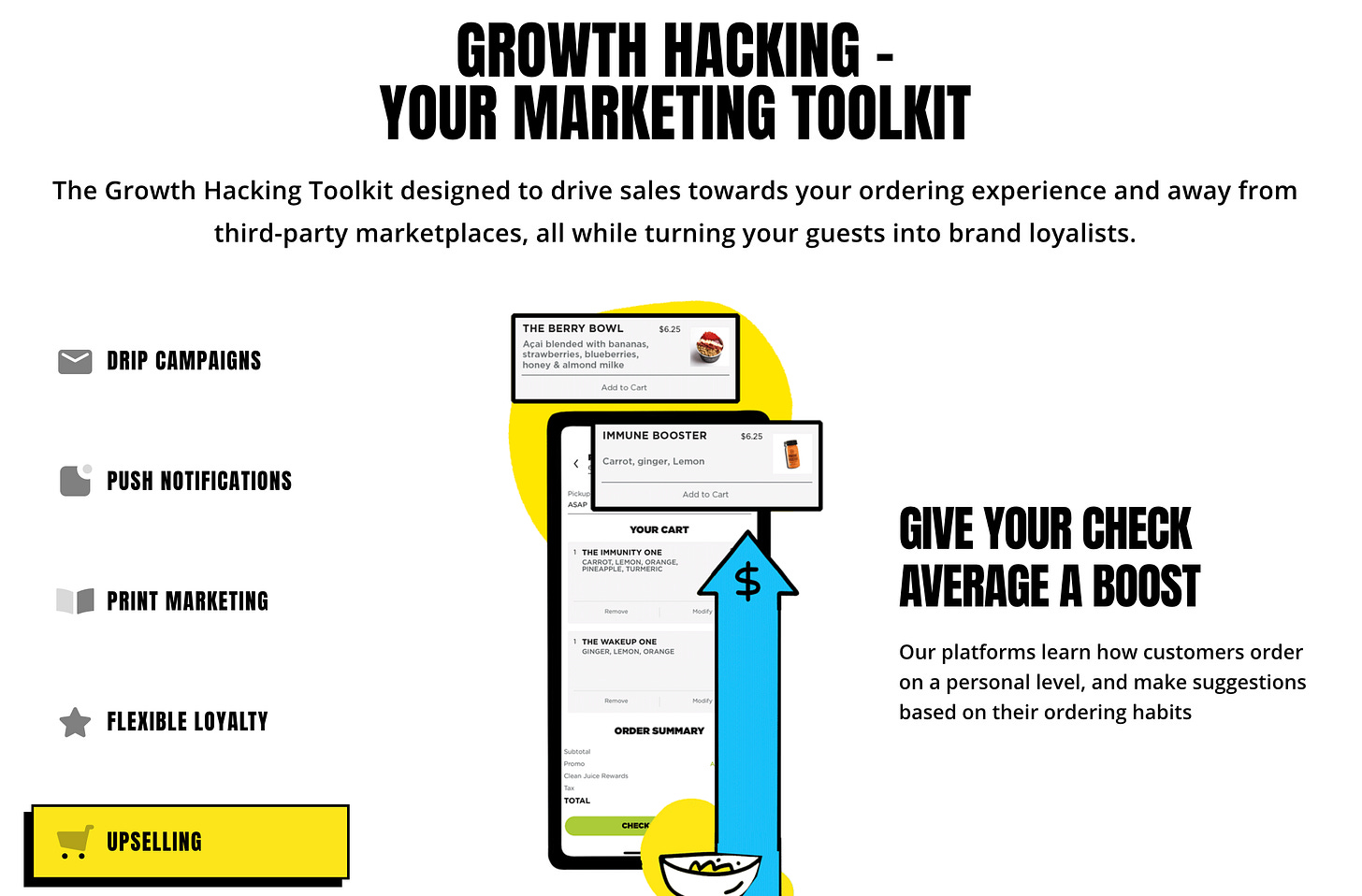
Insurance: If Lunchbox has all the pertinent metrics about a particular restaurant and all the pertinent metrics for many other similar restaurants, it could partner up with an insurance company to order more accurately priced and potentially lower rates of insurance for these restaurants.
E-commerce: Can they use the online ordering wedge to order a platform for smaller restaurants to launch dedicated product that leverage their branding? For example, Levain Bakery sells packaged frozen cookies in select grocery stores. How can that be expanded to smaller businesses which sells their wares online?
All these paths make Lunchbox a really interesting business to track. Even if they can succeed on only one of two of these paths, maybe someday, the hottest startups in Silicon Valley or Tel Aviv will be pitching them to VCs as “The Lunchbox for X.”
Odds and ends of the week
It’s a reading heavy section this week with three long form articles:
🎙️ Inside A16z’s Media Operations: One of those behind the scenes articles that gives me immense satisfaction to read. My favorite part:
“Most of the work,” she says to me, “actually happens before and after, not during, the podcast conversation: This means a very careful programming of the lineup beforehand: Does it have a theme or angle beyond just a topic or speaker per se? If it were an op-ed or feature article — which is how I think about every single episode — who would be the best experts to speak on the topics? What angle or argument? Who else would be quoted in that article to add a different viewpoint or more texture?”
📺 The Women of Mad Men: What an amazing article. Every Mad Men fan should read it:
Joan endures much of the personal prison of 1960s womanhood with a tight but convincing smile on her face. Every choice she makes — especially early in the series — is an attempt to meet the paradoxical standards of what the men of the world want. And her social confines are never more poignantly rendered and subverted than in the Emmy-nominated Mad Men Season 5 episode “The Other Woman.”
🐝 The wonderful world of Burt’s Bees’ Founder: A classic case of different people for different stages of company building:
She also began to tire of the business world. “It had run its course for me. I felt like, well from here on in, it’s just repeating what we’ve done,” recalls Quimby. “I am much more of a startup type person… I was getting further and further away from what I really loved to do, which was design, and do the art, and grow the herbs, and be inspired creatively. I hardly had a minute for that kind of thing.”
That wraps up this week’s newsletter. You can check out the previous issues here.
If you want to discuss any of the ideas mentioned above or have any books/papers/links you think would be interesting to share on a future edition of Sunday Snapshots, please reach out to me by replying to this email or sending me a direct message on Twitter at @sidharthajha.
Until next Sunday,
Sid